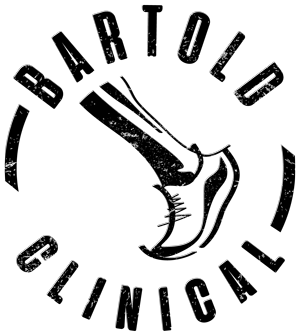Just before the ceremony, the two black Americans asked Norman if he believed in human rights. He did. They then asked if he believed in God. Norman, who was from a Salvation Army family, told them that he did, strongly.
“We knew,” Carlos told the mourners, “that what we were going to do was far greater than any athletic feat and he said,
‘I’ll stand with you.’
Carlos expected to see fear in Norman’s eyes.
“I didn’t. I saw love….He never flinched on the dais, he never turned his eyes, he never turned his head, he never said so much as ‘ouch’. You guys have lost a great soldier.”
Tommie Smith was no less heartfelt in his praise. Norman “was a man who believed right could never be wrong,” Smith said, turning to Norman’s family.
“Peter Norman’s legacy is a rock. Stand on that rock. Peter shall always be my friend. The spirit shall prevail.”
Only after his death did Australia make amends. In 2008 Norman’s nephew Matt made a well-received documentary Salute, recounting how a modest white boy from Victoria got mixed up in one of the defining events of the civil rights era.
In 2012 the Australian Parliament formally apologised for his treatment and acknowledged his role in fostering racial equality.
But the final word belongs to Peter Norman himself. “I guess,” he says in Salute with a twinkle in his eye, “I’d like to be thought of as an interesting old guy.” He was.







Leave a Reply
You must be logged in to post a comment.